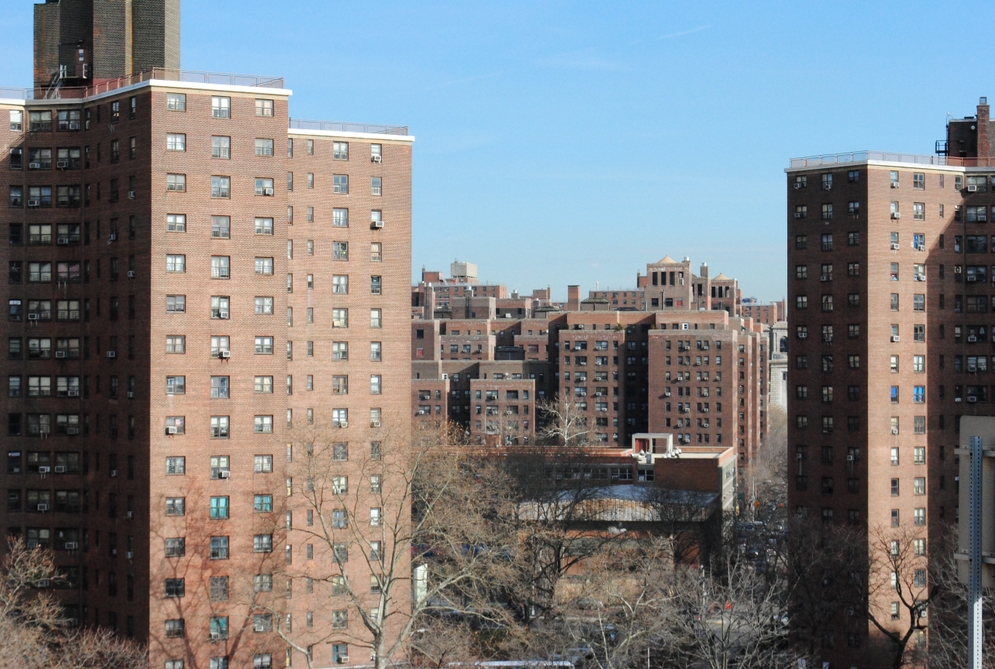Weill Cornell Medicine’s Clinical and Translational Science Center (CTSC) has been awarded a grant from the National Institutes of Health for COVID-19 research. The two-year $1.5 million grant will fund projects led by Dr. Julianne Imperato-McGinley, director of the CTSC, and associate directors Dr. Olivier Elemento and Dr. Said Ibrahim, to investigate the role of social and biological factors in determining COVID-19 severity and outcomes in New York City patients.
Black and Latino populations have suffered a significantly higher proportion of infection and death from COVID-19 in New York City, and across the country. Social determinants of health, including lack of access to adequate medical care, crowded housing and exposure from one’s occupation, can influence the likelihood of acquiring COVID-19. Co-morbidities such as obesity, diabetes and lung and heart disease that put people at risk for severe illness, are also more common in Black and Latino populations.
To assess how socioeconomic factors have contributed to the racial and ethnic disparities, the investigators will compare rates of hospitalization, intensive care unit admissions and deaths from COVID-19 in affluent versus lower income communities within New York City. They will also use data from patients across the NewYork-Presbyterian Hospital system to study patterns in demographics, laboratory results and biospecimens to determine if there’s a link between genetic variability, race and ethnicity, and severity of COVID-19.
The project builds on Weill Cornell Medicine’s vision of a clinical research program that combines clinical care, investigation into social determinants of health and basic science research. Leveraging the infrastructure of the Clinical and Translational Science Center, this approach brings together sources like census and other government data, electronic health records and the institution’s newly created biobank of COVID-19 patient specimens.
The team plans to use their findings to build a model to predict who is most susceptible to the disease, which can help shape prevention and treatment strategies and bring precision medicine to COVID-19 patients. They also aim to expand their work to regional and national analyses, tapping into a database of clinical data from COVID-19 patients that is being assembled by the Clinical and Translational Science Award program national network.


